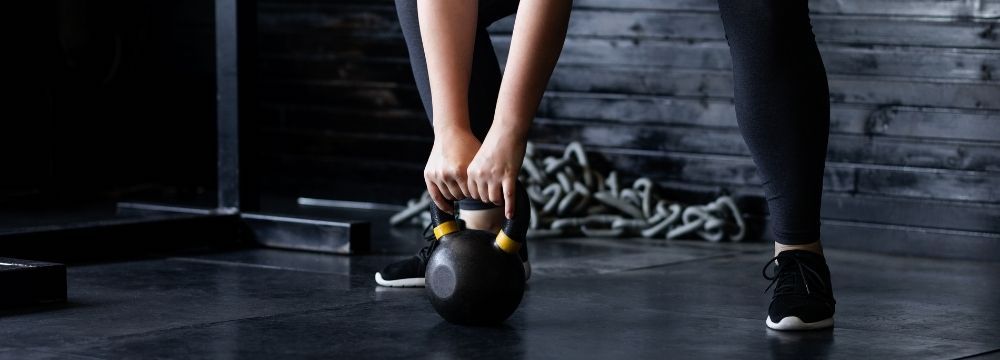After Bariatric Surgery
A significant challenge for anyone trying to lose weight, but especially somebody who has just had bariatric surgery is maintaining muscle mass while also significantly restricting their calories. Unfortunately, as we reduce our caloric intake, the body tends to use muscle mass for energy and the result can be a general sense of weakness, less definition in the body and less energy.
This is especially problematic after bariatric surgery where muscle mass is one of the best long-term weight loss tools that you can develop. Why? Muscle burns significantly more calories at rest than the same weight in fat. That means, if you build your muscle mass, you’ll be losing more calories every single day.
So How Do We Maintain Muscle Mass
First is with what we eat. It is tempting to go on a starvation diet after bariatric surgery. Your calories are significantly reduced, so why not take it a little bit further and lose even more weight earlier and faster? Unfortunately, that doesn’t help. In fact, it can cause a number of general health issues. Instead, follow your postoperative diet plan very closely. As you progress through the phases of the post bariatric diet, take full advantage of high protein options with unsaturated fats and complex carbs. Having a balanced diet gives you the best chance to maintain your muscle mass throughout the entire weight loss process.
Second is exercise. Many of our patients tend to take the cardio route when exercising. Cardio is extremely important for overall physical fitness and heart health, but it is not the ideal way to build muscle mass. Instead, about half of your exercise program should be dedicated to strength training. This can be free weights at the gym or at home or it can involve using your bodyweight for resistance. Feel free to get on YouTube and watch some of the hundreds or even thousands of videos that can guide you through safe and effective strength training, so it never becomes old or stale.
Third, be sure that you follow the nutritional recommendations, specifically supplements, that the office provides you after surgery. It is also important to keep your postoperative visits with Dr. Higa. Periodically we will be checking your blood to ensure there are no vitamin or mineral deficiencies. While these can be corrected very easily with simple supplementation, ignoring the deficiencies can cause significant problems including muscle wasting.
Trust us in guiding you through the weight loss surgery process. We’ve done this thousands of times before and we know what works and what doesn’t. We are also invested in your success and want to see you lose weight and feel better as soon as possible after surgery. However, we are also cognizant that you can overdo it which can lead to injury or problems, sidelining you for weeks or months.










